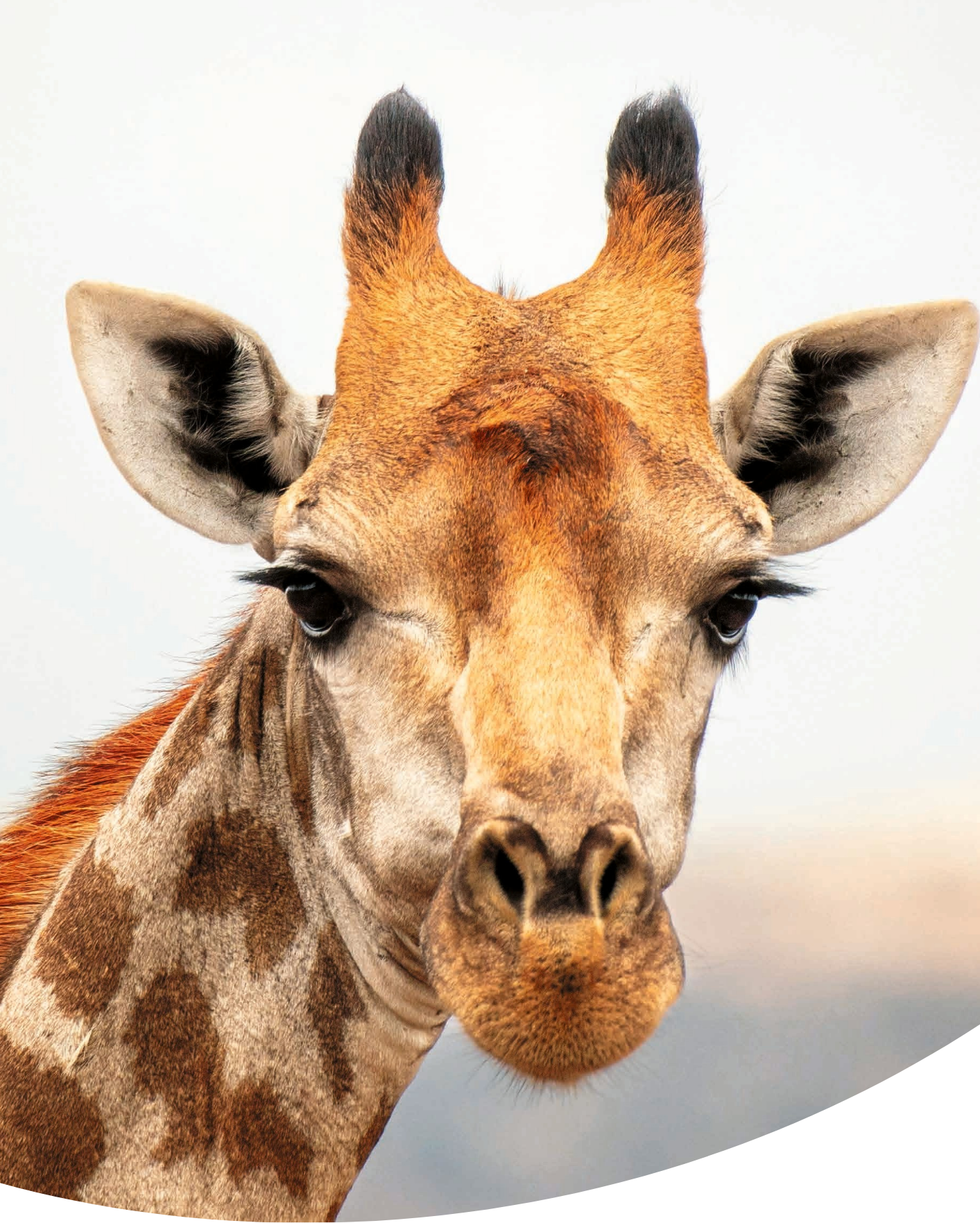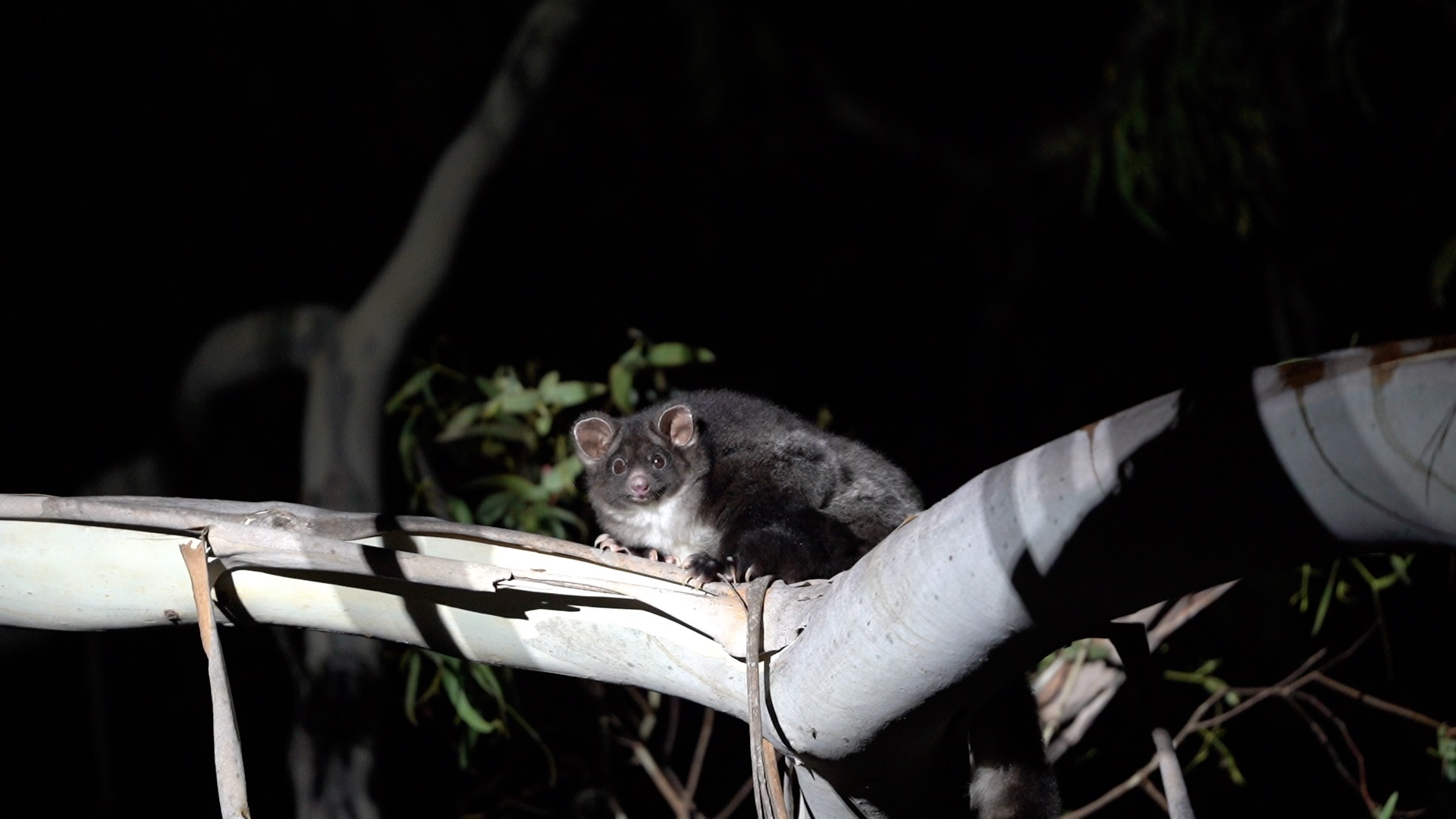Find out more about our work on federal environment reforms, the recent victory in protecting whale sharks, an update on our partner projects and lots more.
Shark nets have been used in NSW since 1937 when they were introduced in the ocean beaches around Sydney. Mistakenly thought of as an effective way to reduce the risk of shark bite for many years, the tide is finally beginning to turn.
Most people now know that shark nets do not span the beach from headland to headland creating some impenetrable barrier. In fact, they are only 150m long, covering only a fraction of the beach, and only 6m tall, not even reaching the surface. A 2012 study showed that 40%[1] of sharks were caught on the beach-side of the nets! This complete and utter inability to protect ocean users means that there has been 34 unprovoked shark-human interactions in NSW at netted beaches.
And yet, every year, 51 beaches from Newcastle to Wollongong see the installation of shark nets on 1 September until April 30 the next year.
Not only do they not protect us, but they are ruthless killers of marine wildlife. If you live in Sydney, Newcastle, Wollongong, or anywhere in between, chances are good your favourite beach is netted at a great cost to dolphins, turtles, sharks and rays.
So what is the wildlife cost of shark nets in your area?
Port Stephens

Newcastle

Lake Macquarie

Central Coast

Northern Beaches

Waverley

Randwick

Sutherland Shire

Wollongong

NSW DPI is currently seeking feedback on shark mitigation measures in NSW. This is our chance to tell NSW that the nets must go. You can have your say here.
A marine ecologist specialising in conservation, research and outreach, Lawrence has spent years working with wildlife, the ocean and the public to engender sustainable relationships between them. He has worked as a field biologist, environmental consultant, naturalist and project coordinator with a BA from the University of San Diego, and an MSc from James Cook University. Lawrence’s work at HSI is currently focused on shark welfare and protection, specifically in regards to culling and control programs, overexploitation, and international protection.
[1] McPhee, D. 2012. Likely effectiveness of netting or other capture programs as a shark hazard mitigation strategy in Western Australia
Header image by Nicole McLachlan


